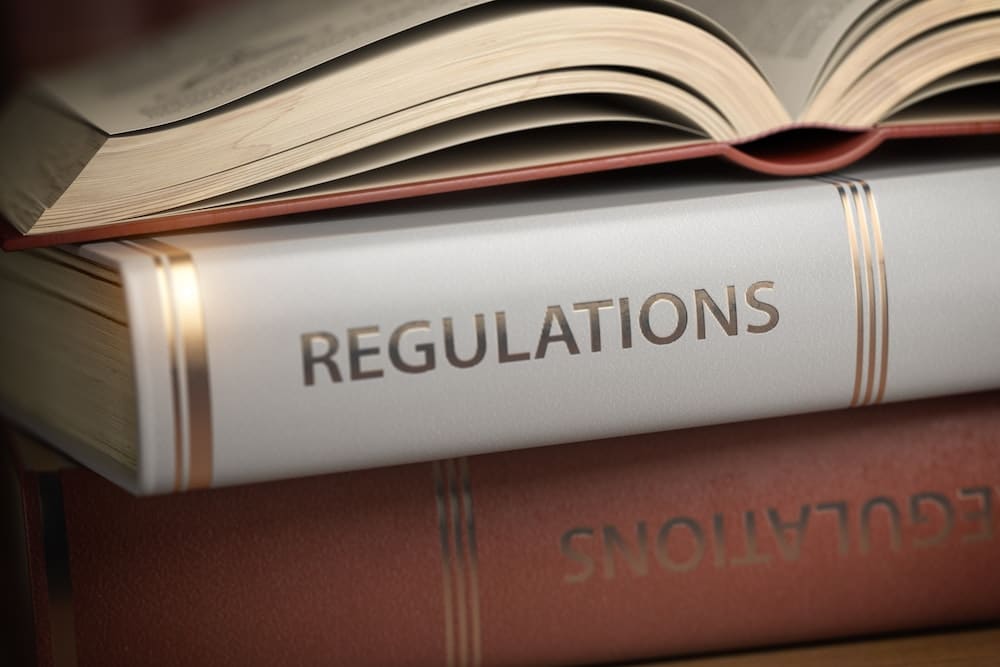How does the UK regulate the treatment of wildlife in entertainment, and what improvements are needed?

In the heart of the United Kingdom, a nation renowned for its deep-seated love of animals, the question of how wildlife is treated within the entertainment industry is a topic of ongoing debate. This article will delve into the current regulatory framework in the UK overseeing the use of wildlife in entertainment, and critically examine areas that require further improvement.
The Current State of Play: UK's Regulations on Wildlife in Entertainment
The United Kingdom has established a comprehensive set of laws and guidelines aimed at protecting the welfare of animals used in entertainment. The most significant of these is the Animal Welfare Act 2006, which stipulates a duty of care towards animals and sets out their basic needs. Similarly, the Zoo Licensing Act 1981 regulates the treatment of animals in zoos, requiring regular inspections and specific conditions for animal health and welfare.
More specifically for the entertainment industry, the Performing Animals (Regulation) Act 1925 requires any person training or exhibiting animals to be registered with a local authority. This legislation aims to ensure that animals are not subjected to unnecessary suffering during training and performance. However, this nearly century-old act, despite amendments, does not reflect the most current understandings of animal welfare and ethics in the 21st century.
Further, the Wildlife and Countryside Act 1981 offers protection to wild animals, prohibiting activities such as disturbance, trapping, or killing. However, it does not specifically address the use of wildlife in entertainment, creating a grey area in the law.
Also to see : How is the UK adapting its wildlife corridors to accommodate climate change-induced shifts in animal migration?
The Role of Licensing and Inspection in Ensuring Animal Welfare
Licensing and inspections serve a crucial role in the UK's regulatory framework, acting as a check and balance system to prevent malpractices and ensure the welfare of animals used in entertainment. Most institutions or individuals using animals for entertainment, such as circuses, zoos, or film sets, must hold a valid license issued by the local authority.
This license is not issued arbitrarily. Various factors, including the type of animal, its welfare needs, and the nature of its use in entertainment, are considered during the licensing process. Regular inspections are also conducted to ensure adherence to the welfare standards outlined in the license.
However, criticisms of this system abound. The inconsistency in the frequency and thoroughness of inspections across local authorities is a significant concern. In several cases, animal welfare breaches go unnoticed due to inadequate or infrequent inspections.
The Influence of Animal Rights Organisations and Public Sentiment
The role of animal rights organisations and the general public in shaping the UK's regulations on wildlife in entertainment cannot be overlooked. These have been critical in pushing for more stringent laws and better enforcement.
Organisations such as the RSPCA, PETA, and Born Free Foundation, among others, have been vocal in their advocacy for improved animal welfare in the entertainment industry. They have raised public awareness, lobbied for legislative changes, and even led successful campaigns against cruel practices, such as the use of wild animals in circuses.
Public sentiment, too, has played a significant role, with mounting societal pressure leading to changes in legislation and practices. The recent ban on the use of wild animals in travelling circuses in England, for instance, was a direct result of public demand and persistent campaigning by animal rights organisations.
The Need for Improvement and Strengthening of Regulations
Despite the progress made, there still exists a need for more stringent regulations and better enforcement to ensure the welfare of wildlife used in entertainment. Much of the existing legislation is reactive, meaning action is typically taken after an offense has occurred. More proactive measures are required to prevent harm from occurring in the first place.
Moreover, most UK legislation focuses on physical health and neglects the psychological wellbeing of animals. As our understanding of animal emotions and cognition grows, there is an urgent need to update legislation to reflect this understanding. For instance, the confinement of animals in zoos and circuses can lead to stress, boredom, and abnormal behaviours – issues that are currently not adequately addressed by existing laws.
Towards a More Ethical Treatment of Wildlife in Entertainment
Moving forward, it is crucial that the UK continues to refine its regulations regarding wildlife in entertainment. This could include updating the Performing Animals (Regulation) Act 1925 to reflect modern animal welfare science, developing clearer legislation for the use of wildlife in entertainment under the Wildlife and Countryside Act 1981, and increasing the consistency and quality of inspections.
Moreover, in the era where technology such as CGI and animatronics can create lifelike animal performances, there is a need to reconsider the necessity of using real animals in entertainment at all.
With greater public awareness, stronger advocacy from animal rights organisations, and improved legislation, the UK can continue to lead the way in ensuring the ethical and humane treatment of wildlife in the world of entertainment.
Enhancing Legislation to Protect Psychological Wellbeing
Emphasis on the physical welfare of animals in the UK's regulation is commendable, but it's also necessary to consider the psychological wellbeing of these creatures. Scientific advancements have increasingly revealed a profound understanding of animals' emotional and cognitive abilities. Consequently, it has become clear that the stress of being used for entertainment can lead to significant psychological distress for animals, manifesting in various negative behaviours such as aggression or abnormal repetitive behaviour.
Current UK legislation, unfortunately, lacks specific provisions addressing the psychological wellbeing of animals used in entertainment. It remains silent on the issue of confinement, which can lead to stress, boredom, and abnormal behaviours in animals. Such issues are not sufficiently addressed by any of the existing laws, which primarily focus on physical health.
For instance, the Animal Welfare Act 2006, despite its broad coverage of animal welfare issues, does not delve into animals' mental health. It does not explicitly address the psychological stress and emotional trauma that animals used in entertainment might be subject to.
Therefore, it is necessary to expand the existing legislation or introduce new laws that will specifically cater to the psychological wellbeing of animals. This could include regulations on the duration and conditions of confinement, guidelines for stimulation and social interaction, and provisions for mental health assessments.
The Future of Wildlife in Entertainment: Embracing Technological Solutions
Technology has the potential to revolutionise the use of wildlife in entertainment. Innovations like Computer-Generated Imagery (CGI) and animatronics can create lifelike, compelling animal performances without the need for real animals.
In fact, several big-budget films, including the remakes of The Jungle Book and The Lion King, have successfully used CGI to create realistic animal characters. This not only spares real animals the stress and potential harm of being used in entertainment but also gives creators unlimited creative freedom, unhindered by the physical and ethical limitations of using real animals.
These technological advancements present a promising alternative to the use of wildlife in the entertainment industry. Therefore, stronger advocacy for the use of technology as an alternative to using real animals in entertainment could be a step in the right direction.
In combination with improved legislation and enforcement, the gradual phasing out of real animals in entertainment could be a viable solution that balances the demands of the entertainment industry with the ethical treatment of wildlife.
Conclusion
In conclusion, the UK has made significant strides in regulating the treatment of wildlife in entertainment, but there is still substantial room for improvement. The integration of psychological wellbeing into animal welfare laws, the introduction of more proactive measures, and the promotion of technological alternatives to the use of real animals in entertainment are all feasible and necessary steps.
While change may take time, with sustained efforts from animal rights organisations, a supportive public, and responsive legislators, the UK can continue to lead the way in ensuring the ethical treatment of wildlife in entertainment. The future of wildlife in the entertainment industry will hopefully be one where their dignity and wellbeing are respected and protected.
